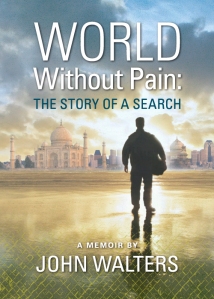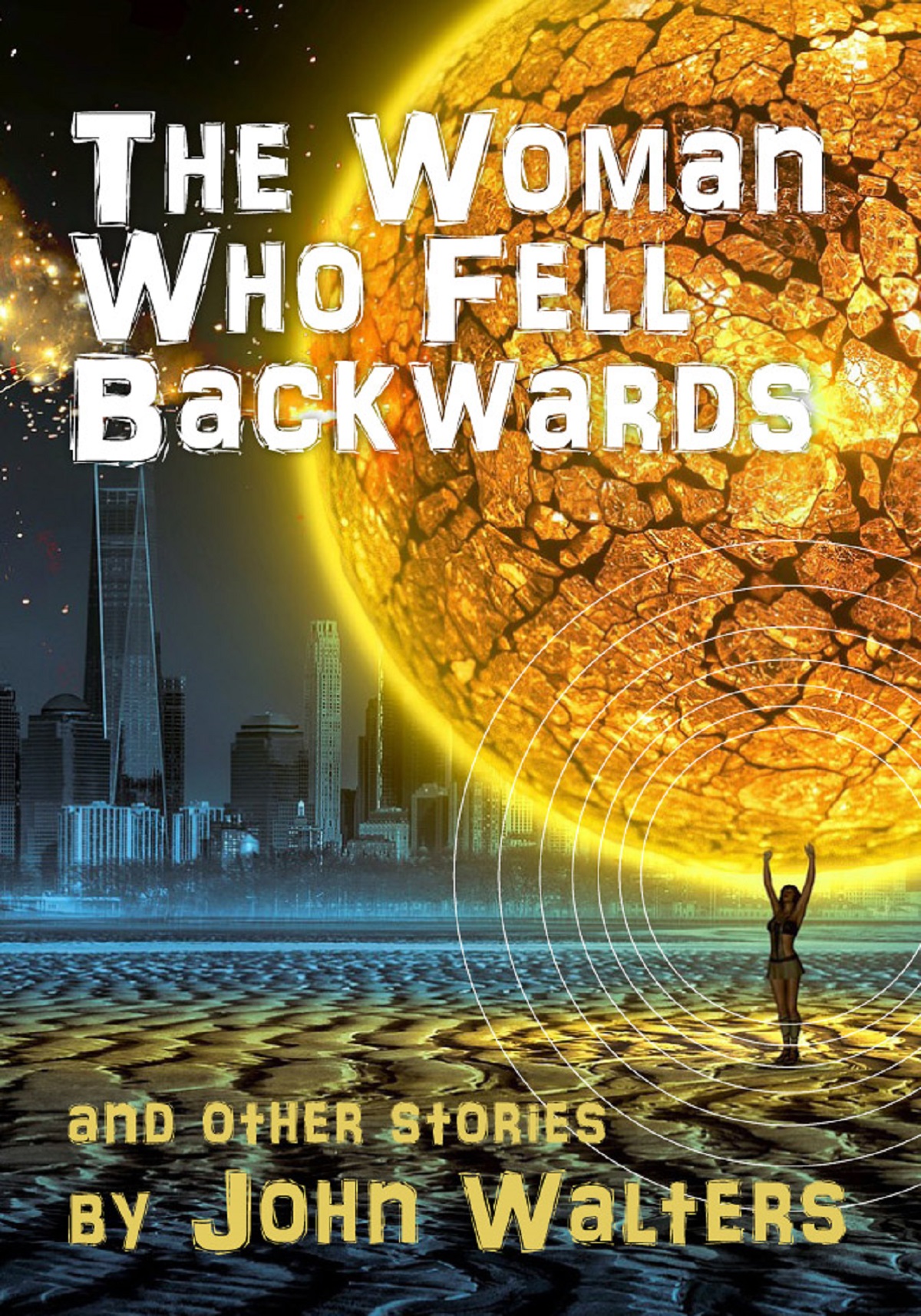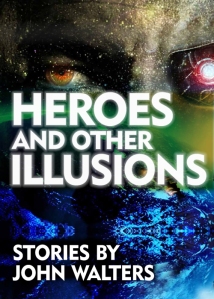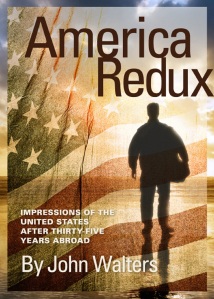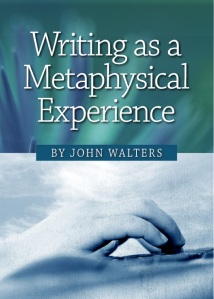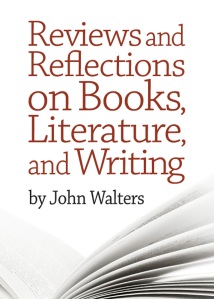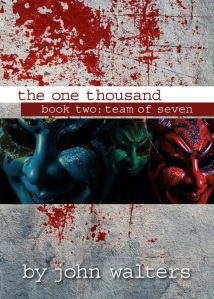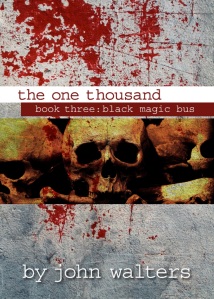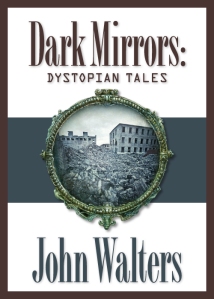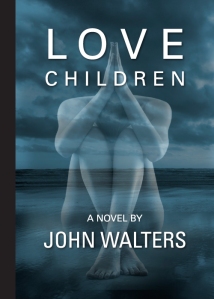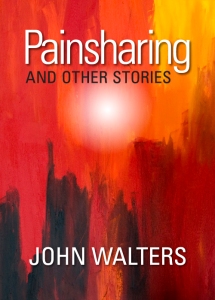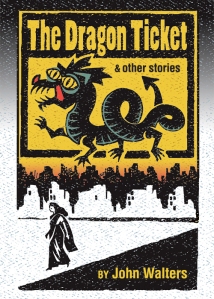As I mentioned in my recent essay on movies, Roger Ebert is the only film critic whose opinions I seek out about films I am interested in, at least those films made before 2013, when he died. Although I don’t always agree with his analyses of films, he brought intelligence and insight to the reviews he wrote for over four decades. He died of cancer of the thyroid and salivary glands, and for the last few years of his life, after three unsuccessful surgeries, he was unable to speak, eat, or drink normally. It was during this time, in a profoundly contemplative state of mind, that he wrote this touching memoir.
Although I read the entire book, including the beginning chapters, out of respect for the conditions under which the writer was working, you can easily skip over the early part if you want. The book gets interesting on page seventy-five of my hardcover edition, with the chapter titled “Newspaper Days.” The chapters before talk of Ebert’s parents and grandparents and other relatives, but it’s sort of like paging through someone else’s family photo album – it doesn’t really mean anything except to the family involved.
With that eleventh chapter on his beginnings in journalism, though, Ebert gets into the shaping of his career as one of the most famous film critics ever. He started out with small papers, eventually made it to the Chicago Sun-Times, and was handed the film critic job because it became available, without ever seeking it. In 1975, he became the first film critic to win a Pulitzer Prize.
Sometimes Ebert moves through his life chronologically, but when he discusses famous actors such as Lee Marvin, Robert Mitchum, and John Wayne, and directors such as Russ Meyer, Ingmar Bergman, Martin Scorsese, Robert Altman, and Woody Allen, he devotes a chapter to each. He drank with these people, spent time on their sets, and interviewed them multiple times. He has all sorts of interesting stories to tell about their off-camera behavior and their impressions of the cinematic process and their own work.
Ebert also traveled extensively, mostly connected with his role as film critic, and he describes his favorite places in London, Venice, and other locales with a nostalgic glow. He also goes into his past romantic laisons and how his marriage to his wife Chaz gave him stability and companionship.
Ebert wrote this book knowing that he was probably living the last few years of his life. He mentions this several times. It gives a profundity and honesty to the writer/reader relationship. You can tell that Ebert has pulled out the stops and is writing from his heart. He has nothing to lose by telling the truth. And the truth is that he had a huge influence on American culture. His reviews shaped American understanding of cinema as an art form. I recommend this book not only to those who love films, but also those who enjoy reading a good memoir. I also recommend his website, rogerebert.com, where his reviews are archived. There’s a search engine that can quickly put you in touch with what he has to say about almost all important past films. His reviews are well worth reading.


